Canada’s recent decision to end the Student Direct Stream (SDS) program—a fast-track visa process that significantly benefited international students from countries like India, Pakistan, and Nigeria—marks a major shift in the study permit process for these students. The SDS program allowed eligible students to expedite their visa applications if they met certain criteria, such as proof of financial support and language proficiency scores. With the program’s cancellation, students from these countries now face a longer and potentially more complex visa application process through the standard study permit stream.
- Impact on Indian, Pakistani, and Nigerian Students
Students from India, Pakistan, and Nigeria will no longer benefit from the streamlined SDS processing. As a result, they may experience longer wait times and increased scrutiny on visa applications, which could impact their planning and timelines for starting their studies.
- Reasons Behind Ending SDS and NSE
Canada’s decision to end the SDS and Non-Study-Eligible (NSE) programs was guided by multiple factors aimed at creating a more reliable and equitable process:
- Strengthening Program Integrity: By discontinuing the SDS and NSE streams, IRCC aims to enhance transparency and reliability across its immigration processes, ensuring every application undergoes consistent, rigorous evaluation.
- Addressing Vulnerabilities: This change helps reduce fraud, misrepresentation, and exploitation by allowing the government to monitor applications more effectively, minimizing potential abuse within the study permit process.
- Ensuring Equal Opportunity: The new single-stream process is designed to provide fair access to Canada’s study permits, ensuring that students from all countries have the same chances to pursue education in Canada.
- Improving the Academic Experience: By creating a more refined and consistent application process, Canada aims to attract students who are committed to educational excellence and a positive academic journey.
- Transition to the Regular Study Permit Stream
With SDS and NSE no longer in effect, all students must now apply through the regular study permit stream:
- Financial Proof via GIC: Students can still use a Guaranteed Investment Certificate (GIC) to demonstrate their financial capability, as was required under SDS.
- Unchanged Application Requirements: The eligibility criteria for study permits remain the same, with financial, academic, and language standards applying equally to all applicants.
- Processing of Existing Applications: SDS and NSE applications submitted before the November 8, 2024 cut-off will still be processed under the expedited guidelines, ensuring benefits for these applicants.
- Considerations for Future Applicants
With SDS now unavailable, students should be prepared to demonstrate both academic and language proficiency in greater detail. Additionally, visa processing times for the standard stream may vary more widely, depending on the volume of applications and processing backlogs in their respective regions. To improve their chances, students might consider applying well in advance and ensuring their documentation aligns strictly with the requirements outlined by Immigration, Refugees and Citizenship Canada (IRCC).
In summary, while the end of SDS and NSE may add complexity for students from India, Pakistan, and Nigeria, proactive preparation and thorough applications will help them navigate this transition. For further insights and official updates, visit Immigration News Canada.

